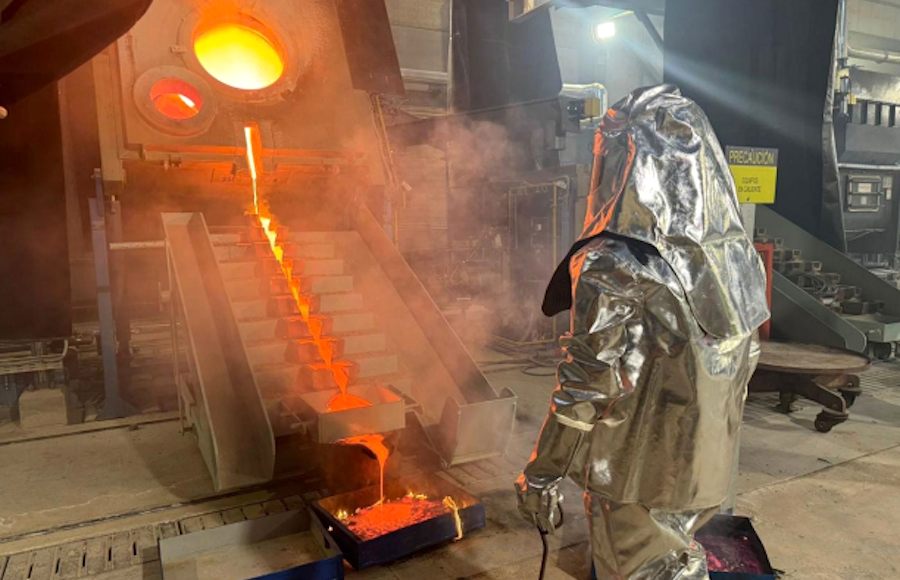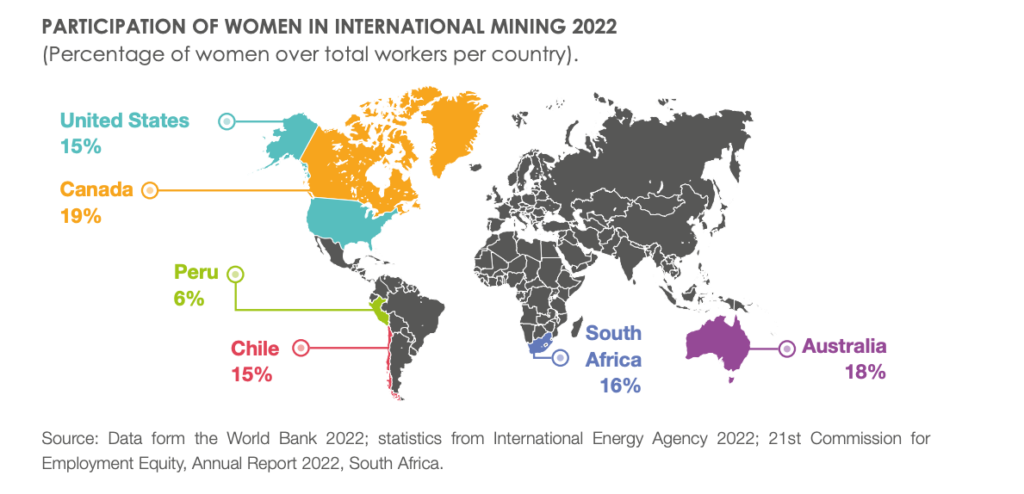Views: 0 Author: Cecilia Jamasmie Publish Time: 2024-04-04 Origin: https://www.mining.com/








Gold Fields (JSE, NYSE: GFI) has finally achieved first production at its Salares Norte gold mine in Chile, following years of development plagued by challenges including relocating a handful of endangered rodents, rocketing costs and technical delays.
The South African miner, which took 13 years to develop the project from exploration to production, said it poured its first gold-silver doré at Salares Norte on March 28.
The mine, which cost Gold Fields over $1 billion to build, is key to its goal of producing 2.8 million ounces of gold by 2025, it said. Production at Salares Norte is expected to reach about 250,000 ounces of gold this year, ramping up to full-year production of 580,000 ounces next year.
“We are incredibly excited to have reached this milestone and delivered first gold in line with the updated project schedule,” chief executive Mike Fraser said in the statement.
“To build a remote mine at 4,500m above sea level with winter temperatures as low as -20 degrees Celsius and amidst a global pandemic is an incredible feat,” he said.
 First gold pour at Salares Norte. ( Image courtesy of Gold Fields.)
First gold pour at Salares Norte. ( Image courtesy of Gold Fields.) Anticipated annual average gold equivalent production for the initial five years of the mine’s life (2025 – 2029) is 485,000 ounces at an all-in sustaining cost (AIC) of $790 per ounce (in 2024 currency).
The projected gold equivalent ounces produced until 2033, which covers the entire mine lifespan, is expected to be 360,000 ounces per year at an AIC of $820 per equivalent ounce.
Salares Norte is the first greenfield project in the country in over a decade and, according to Gold Fields, it will create 900 permanent jobs and contribute nearly $800 million in direct and indirect taxes over its current 11-year productive life.
In terms of innovation and environmental care, Salares Norte has incorporated critical new technologies, including filtered tailings, a technology that allows optimizing water use by recirculating over 86% of the resource. This is also a safer technology as it replaces a conventional tailings storage facility.
The mine will also have a solar plant on site, which is expected to cut its annual carbon footprint by over 10,000 tonnes of CO2, Gold Fields said.
The company noted that over 26% of the mine’s employees are women, which is almost double the average of the Chilean mining industry.
 In terms of women’s participation in the mining industry, Chile is better positioned than its neighbours and at the same level as the United States. ( Image courtesy of CCM-Eleva Alliance Report. Click for full size)
In terms of women’s participation in the mining industry, Chile is better positioned than its neighbours and at the same level as the United States. ( Image courtesy of CCM-Eleva Alliance Report. Click for full size) Chile’s gold production peaked in 2000 at 54.1 tonnes, data from the country’s copper commission, Cochilco, shows. The nation, the no.1 copper producer and second-largest lithium producer after Australia, has dropped in the ranking of the world’s gold producing nations to the 23rd position as of December 2023, according to data from the World Gold Council.
